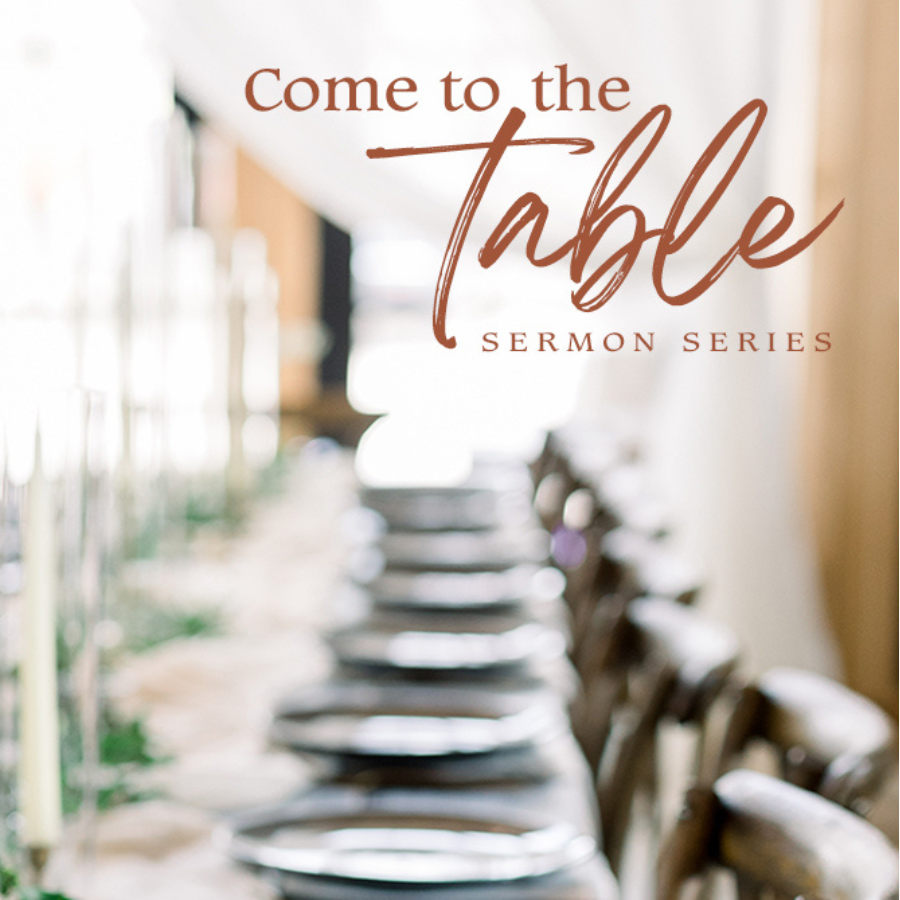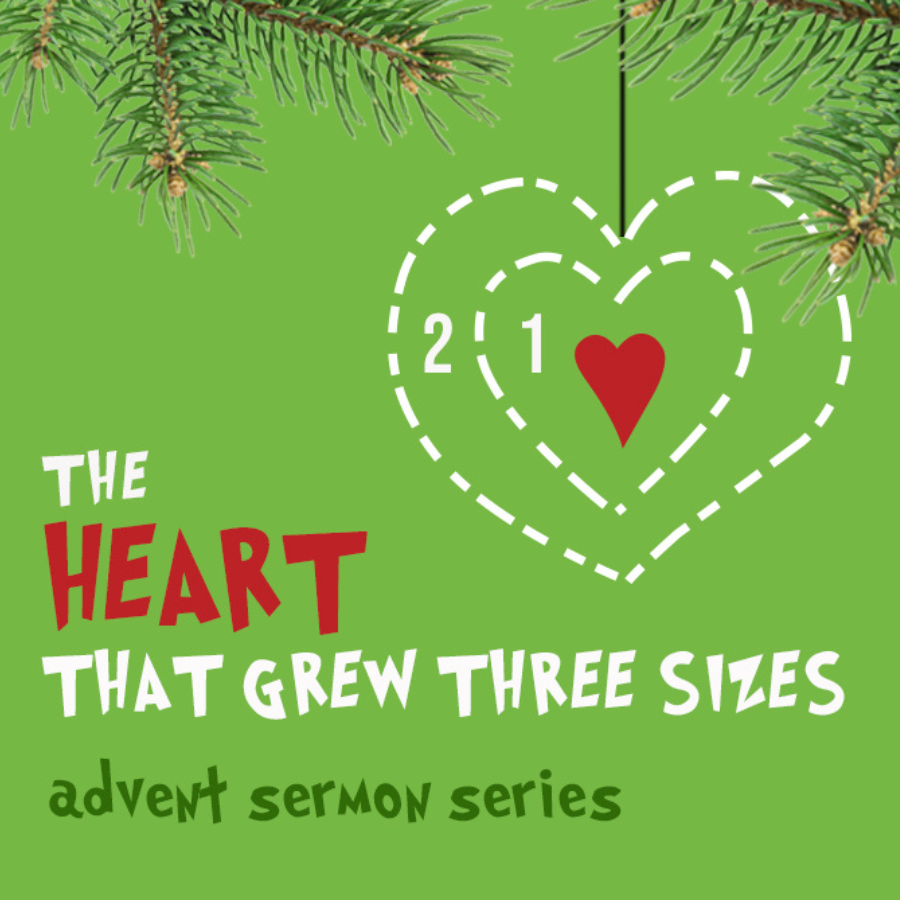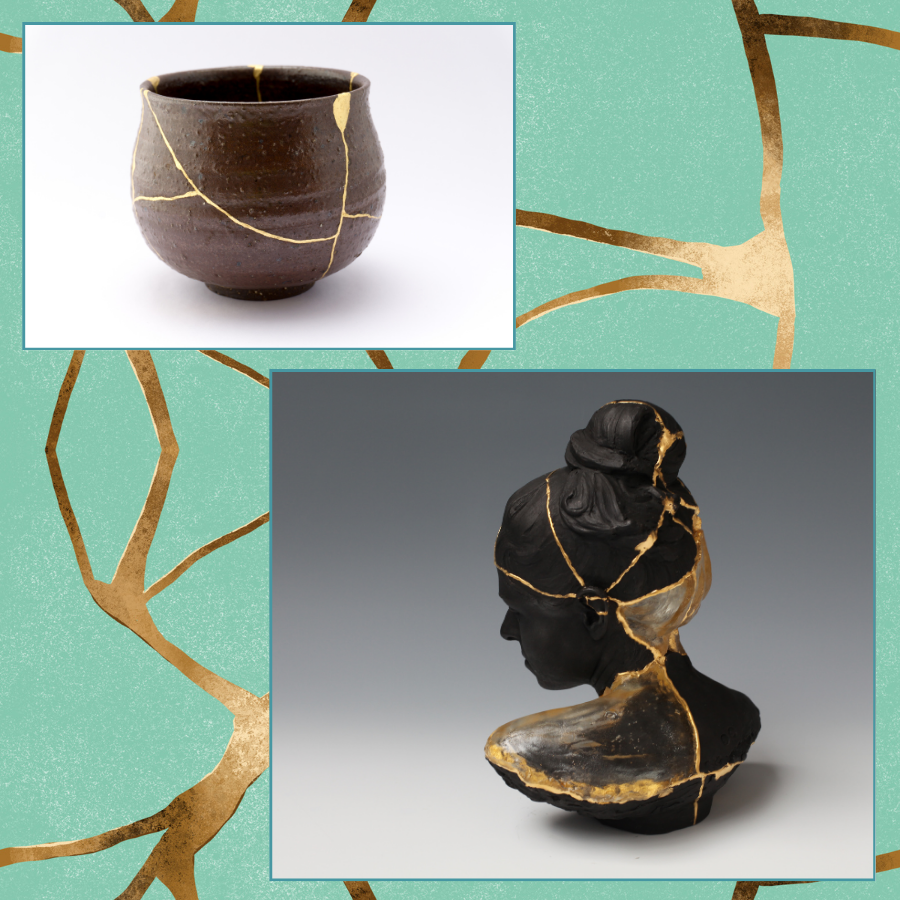 By Pastor Melaina Trice
By Pastor Melaina Trice
There are some television sitcom theme songs that stick in our heads long after they have gone to syndication. One of the theme songs that I often sing in my head is the theme song to Cheers. It goes, “Making your way in the world today, takes everything you’ve got, taking a break from all your worries, sure would help a lot, wouldn’t you like to get away?…Sometimes you wanna go, where everybody knows your name, and they’re always glad you came, you wanna be where you can see our troubles are all the same, you wanna go where people knows your name…You wanna go where people know, people are all the same, you wanna go where everybody knows your name…”
I think this song rings in my ears because so much of it is true while other parts are a bit problematic and invites us to be challenged. It is true that everyone wants to be seen, acknowledged, and valued. There is a deep desire to find a sense of belonging. We desire relationships and community. This desire to be in community, to find belonging, and being seen is the working of grace (prevenient) that calls us to relationship with God and each other. It invites and calls us to the kingdom of God and to invite others there too. So, the song is saying that it would be nice to get away from the difficulties of life by finding relationships with God and each other. To find a community that knows you by name and when you come through the door and people shout, “Norm” [insert your name here]; to be called beloved children of God.
But the second part of the song reveals a problem that harms relationship building and community. The truth is that we want community but are afraid of the risks necessary for building it especially amongst people that are different from us. We are afraid of mistakes, messes, and the challenges of differing worldviews, experiences, ideologies, theologies, and cultures. So, we run to homogenous communities “where people we know, people are all the same…”. The truth is that homogenous groups often keep us stuck in our comfort rather than being stretched for growth and transformation. The working of grace is progressive in that it does not keep us stuck but invites us to move forward towards transformation and perfect love. We are moving towards the banquet feast of God where all have access to relationship, community, wholeness, and love in the kingdom of God. The working of grace invites us to come to the table, to have our hearts grow, and to see our brokenness and to have it mended through the beautiful work of re-creation and transformation.
 We are currently in the sermon series, Come to the Table, where we are exploring God’s welcome that moves us through gratitude to welcome everyone to the table of God as well. This sermon series will continue through November 26.
We are currently in the sermon series, Come to the Table, where we are exploring God’s welcome that moves us through gratitude to welcome everyone to the table of God as well. This sermon series will continue through November 26.
 During Advent (December 3 – 24), we will start a the Advent Sermon Series, The Heart that Grew Three Sizes, where we will explore the faith themes in the beloved Christmas story, How the Grinch Stole Christmas. Through this story we will examine the change in the heart of the Grinch as the result of relationship building. Through relationship building his heart grew and was transformed. Christmas Eve (December 24) falls on a Sunday this year. The Family Christmas Eve services will be at our 9:30 am (livestreamed and in person) and 11:00 am. These services will feature an interactive Christmas pageant where we will learn about the Grinch as a next-door neighbor. Our Traditional Candlelight services will be at 7:00 pm (livestreamed and in person), 9:00 pm, and 11:00 pm (Candlelight & Communion). There will be a Christmas Day (December 25) service at 10:00 am where we will sing, hear stories, and ring bells.
During Advent (December 3 – 24), we will start a the Advent Sermon Series, The Heart that Grew Three Sizes, where we will explore the faith themes in the beloved Christmas story, How the Grinch Stole Christmas. Through this story we will examine the change in the heart of the Grinch as the result of relationship building. Through relationship building his heart grew and was transformed. Christmas Eve (December 24) falls on a Sunday this year. The Family Christmas Eve services will be at our 9:30 am (livestreamed and in person) and 11:00 am. These services will feature an interactive Christmas pageant where we will learn about the Grinch as a next-door neighbor. Our Traditional Candlelight services will be at 7:00 pm (livestreamed and in person), 9:00 pm, and 11:00 pm (Candlelight & Communion). There will be a Christmas Day (December 25) service at 10:00 am where we will sing, hear stories, and ring bells.
 Like the Grinch, relationship building and transformation require we explore our own brokenness and pain and to see with compassion the brokenness of others. Sometimes the pain of life produces breaks and cracks. We often look at our brokenness and other people’s brokenness as something to hide or discard. But what if a part of relationship building requires that we look at our brokenness and others’ brokenness as opportunities for transformation and becoming a beautiful new piece of art? What if instead of hiding our cracks, God our creator is turning even our cracks into works of art; not hiding them but transforming them. Starting on December 31, we will start a new series, “Kintsugi,” where we will explore the working of grace through the lens of the ancient Japanese practice of Kintsugi – “golden joinery”, the process of rejoining and mending.
Like the Grinch, relationship building and transformation require we explore our own brokenness and pain and to see with compassion the brokenness of others. Sometimes the pain of life produces breaks and cracks. We often look at our brokenness and other people’s brokenness as something to hide or discard. But what if a part of relationship building requires that we look at our brokenness and others’ brokenness as opportunities for transformation and becoming a beautiful new piece of art? What if instead of hiding our cracks, God our creator is turning even our cracks into works of art; not hiding them but transforming them. Starting on December 31, we will start a new series, “Kintsugi,” where we will explore the working of grace through the lens of the ancient Japanese practice of Kintsugi – “golden joinery”, the process of rejoining and mending.
